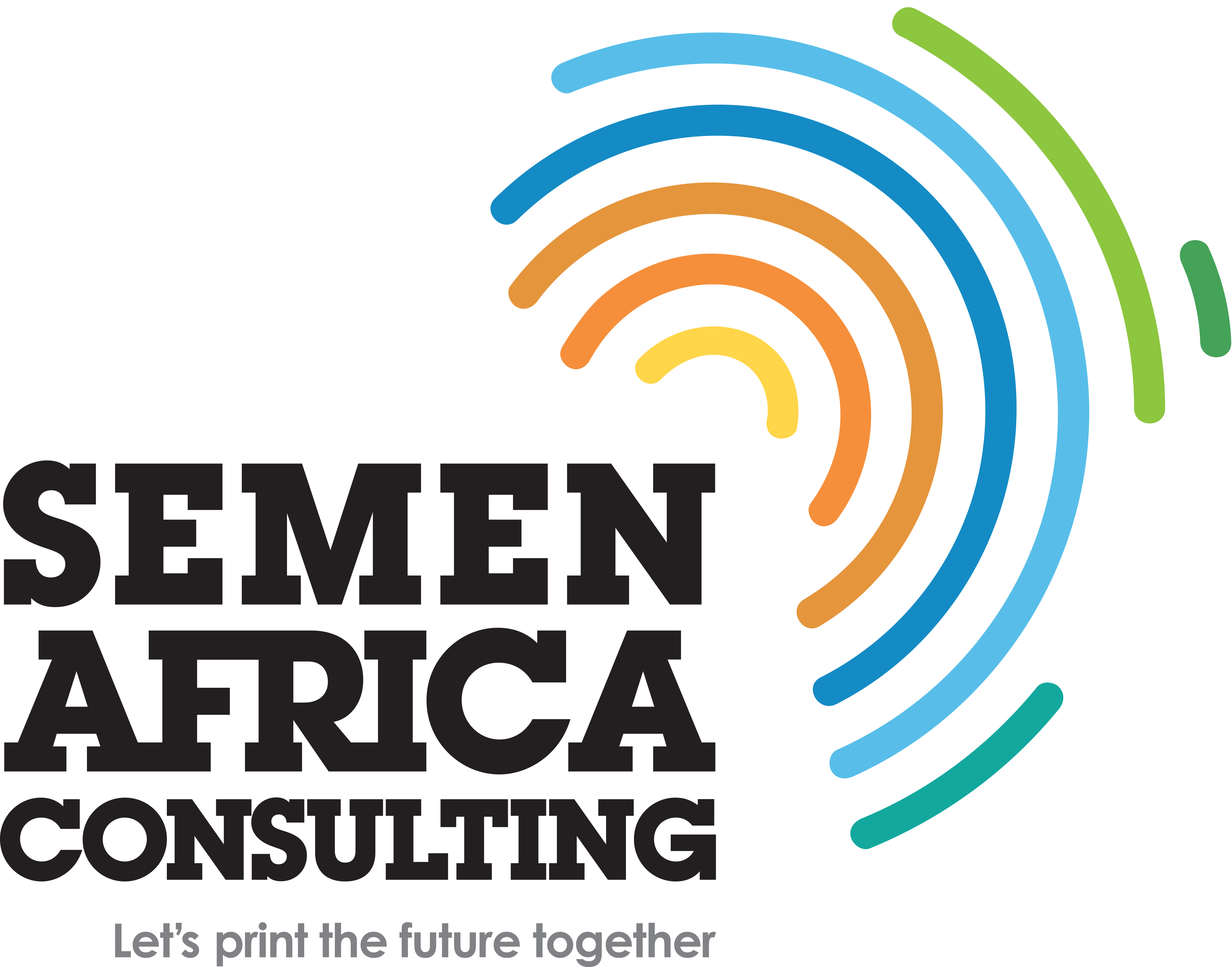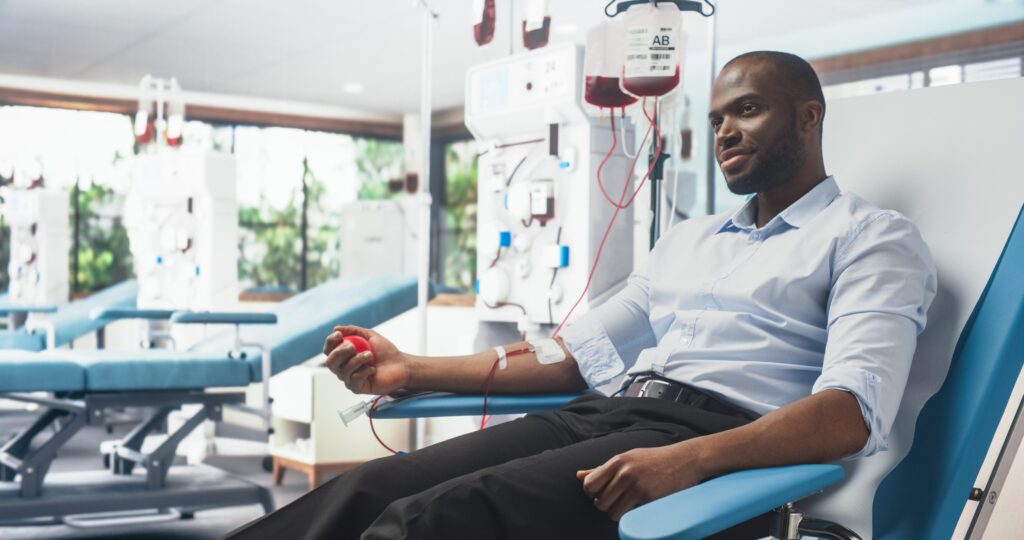Blood transfusion is an essential part of today’s therapeutic arsenal, whether in gynaecology, surgery, traumatology, or for the treatment of certain diseases such as sickle cell anaemia or Ebola haemorrhagic fever. Unfortunately, blood donation in Africa is still too often hampered by beliefs that limit its effectiveness.
Obstacles to blood donation in Africa
Numerous surveys have been carried out to understand the factors limiting or prohibiting blood donation in Africa.
Despite the fact that a small majority of the population say they are in favour of this practice, the first reason given by potential donors is simple: they have never been offered it! The solution is relatively simple: invest in informing the public and setting up mobile collection centres. These costs remain relatively low, with a significant return on investment in terms of lives saved and the cost of treatment.
A number of causes are also cited to explain the low rate of blood donors, often involving beliefs, more or less rational fears or ancestral cultural practices. In order of importance, these include difficult socio-economic conditions, fear of HIV testing, fear of being infected by another disease, religious prohibition, fear of losing one’s vitality or soul, fear of passing on one’s sins or seeing one’s blood used for esoteric practices, fear of needles or the white coat, or refusal to take part in a blood ‘trade’.
Why invest more in blood donation in Africa?
As the WHO points out, blood donations in Africa are 5 times lower than in high-income countries, with a shortfall of three million units of blood by 2020 for 38 African countries. The cost of blood transfusions poses a real problem, because in a market where there is a shortage, the black market is taking advantage of the system and the price of blood bags is soaring.
At the same time, these public investments are being accompanied by private initiatives aimed at bringing African countries close to self-sufficiency. In Cameroon, for example, a number of solutions have been developed to encourage blood donations, sometimes by very young entrepreneurs: the HEMO platform seeks to put donors and recipients in touch with each other, while INFUISS presents itself as a veritable online bank, with all blood groups and rhesus, to develop free donations. Partnerships are sometimes formed with public bodies providing technical expertise, such as the Etablissement Français du Sang. Kenya has followed a similar approach, serving as a model for a growing number of African countries.
The progress made by these growing initiatives has already enabled 19 African countries to achieve the target of over 80% of blood donations being voluntary, safe and unpaid. These investments generate considerable gains for the continent’s entire economy, by saving lives, reducing the cost of many treatments and making a country’s medical ecosystem more secure, reassuring not only the local population but also expatriates and tourists. Let’s work together to make blood donation a regular habit in Africa to save lives.
TO FIND OUT MORE :



